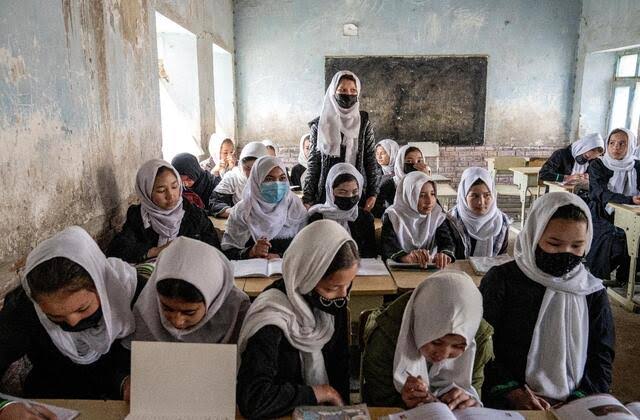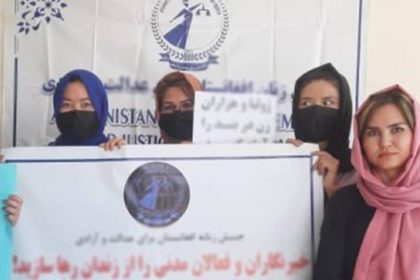RASC News Agency: The senior United Nations official in Afghanistan has affirmed the organization’s commitment to verifying reports suggesting that leaders of the Afghanistani Taliban permit girls of all ages to attend Islamic religious schools, traditionally reserved for boys. Roza Otunbayeva, the UN Special Envoy, elucidated this issue during a session of the United Nations Security Council on Wednesday, December 20, emphasizing the need for “more evidence” regarding girls’ access to education in these religious institutions.
She remarked, “The definition of a school remains unclear, necessitating a standardized curriculum facilitating the study of modern subjects to empower girls’ education in these institutions. The Taliban, globally condemned for restricting girls and women from schools and universities, currently limit girls’ education to the sixth grade. While Taliban education authorities claim to be working on conditions for girls’ return to schools, time elapses, leaving a generation of girls lagging behind in education.”
Otunbayeva added, “According to reports, the Taliban’s Ministry of Education is evaluating schools and revising the curriculum of government schools, warning of a growing concern about the quality of education in Afghanistan.” She asserted, “The international community rightly focuses on lifting the ban on girls’ education, yet the deterioration of education quality and access affects boys as well. The absence of a comprehensive, modern curriculum with equal access for both genders impedes the government’s pursuit of economic self-sufficiency.”
A recent human rights watchdog report highlights the Taliban’s “utilitarian” educational policies adversely impacting both boys and girls. It underscores the departure of qualified teachers, including women, alterations in the curriculum, and increased physical punishment contributing to heightened fear and decreased school attendance. The expulsion of all female teachers from boys’ schools has left many boys taught by unqualified individuals or sitting in classrooms devoid of teachers.
Addressing the human rights situation, Otunbayeva stated that Afghanistan’s key features include a “history of systematic discrimination against women and girls, suppression of political dissent and freedom of expression, lack of meaningful representation of minorities, and ongoing instances of extrajudicial killings, arbitrary detention, torture, and mistreatment.” She emphasized that the lack of progress in addressing human rights issues is a pivotal factor in the current impasse between the Taliban and the global community. Otunbayeva underscored that Afghanistan is confronting a burgeoning humanitarian crisis. With Afghanistanis grappling with winter conditions, an increasing number will depend on humanitarian assistance. However, with a reduced budget, many vulnerable individuals will be more susceptible compared to last year.
Ramesh Rajasingham, the UN Coordinator for Humanitarian Assistance, emphasized, “Humanitarian needs continue to be at an unprecedented level, with over 29 million people in need of humanitarian assistance, an increase of one million since January and a 340% increase over the past five years.” He noted that between January and October, the UN and its partners assisted 26.5 million people, including 14.2 million women and girls. However, as the year concludes, the UN’s request for a $1.8 billion budget resolution remains unmet. Rajasingham highlighted the humanitarian crisis’s escalation with three earthquakes in eight days in October in Herat province, affecting 275,000 people and damaging 40,000 homes.
He pointed out another challenge—over 450,000 Afghanistanis returning after Pakistan’s directive on the 1st of November as “illegal foreign nationals” without departure documents.
More than 85% of returnees are women and children, many having lost their belongings, arrived in poor hygiene conditions, and urgently needing assistance at the border and long-term support.






